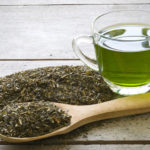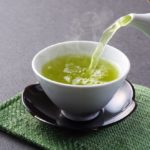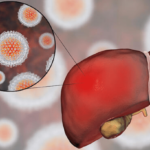While tea is often regarded as a healthy beverage, certain types of tea can be detrimental to your liver, kidneys, and digestive system. Here are three types of tea that pose potential health risks and should be consumed with caution:
1 Moldy Tea
Improper storage can cause tea to become moldy, leading to the production of dangerous toxins such as aflatoxin and ochratoxin on the tea leaves. Consuming tea contaminated with these toxins can result in food poisoning, with symptoms including nausea, abdominal pain, and diarrhea. In more severe cases, it can also damage liver and kidney function.
Moldy tea can irritate the digestive tract, promote inflammation, and lead to bloating, nausea, abdominal pain, diarrhea, food poisoning, and increased stomach acid production due to damage to the intestinal and stomach lining.
Not only does mold ruin the delicious flavor of tea, but it also destroys valuable nutrients such as catechins and theaflavins, rendering the tea worthless.
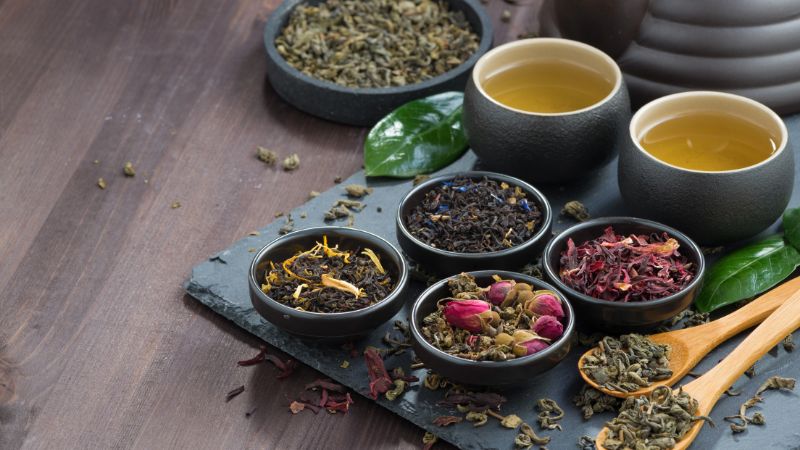 Moldy Tea
Moldy Tea
Tea Storage Tips:
-
Keep tea in a cool, dry place: High humidity provides an ideal environment for mold growth. Store tea in a cool, dry place, away from direct sunlight and humid areas such as kitchens and bathrooms.
-
Use airtight containers: When not in use, store dry tea leaves in airtight containers such as tin cans, glass jars, or ziplock bags. This prevents air and moisture from entering, protecting the tea from mold and other spoilage factors.
-
Avoid high temperatures: High temperatures can accelerate the breakdown of nutrients in tea. Do not store tea near heat sources such as stoves, microwaves, or windows with direct sunlight.
Notes:
-
Regularly inspect your tea: Check your tea occasionally for any signs of mold, unpleasant odors, or color changes. If you notice any of these indicators, discard the tea immediately to prevent health risks.
-
Don’t hesitate to throw away spoiled tea: Tea is meant to be enjoyed, so don’t hesitate to discard tea that has gone bad. Drinking moldy tea can cause digestive issues and other health problems.
2 Tea Left Overnight
It is common for people to brew tea the night before and drink it the next morning. However, this practice is not advisable for the following reasons:
-
Risk of bacterial poisoning: Tea left overnight, especially at room temperature, provides an ideal environment for bacterial growth, particularly E. coli and Salmonella. Consuming tea contaminated with these bacteria can lead to food poisoning, with symptoms such as nausea, diarrhea, abdominal pain, and potential severe impacts on liver health.
-
Breakdown of antioxidants: When left overnight, the pH of the tea decreases, causing the tea to spoil and become more acidic. This acidic environment promotes oxidation, breaking down valuable antioxidants like polyphenols and catechins in the tea, diminishing its inherent health benefits.
-
Stains on teeth: Tea, especially black tea and strongly brewed tea, can stain teeth when left overnight. These stains adhere to the teeth, building up over time, causing tartar, discoloration, and increasing the risk of tooth decay and other oral health issues.
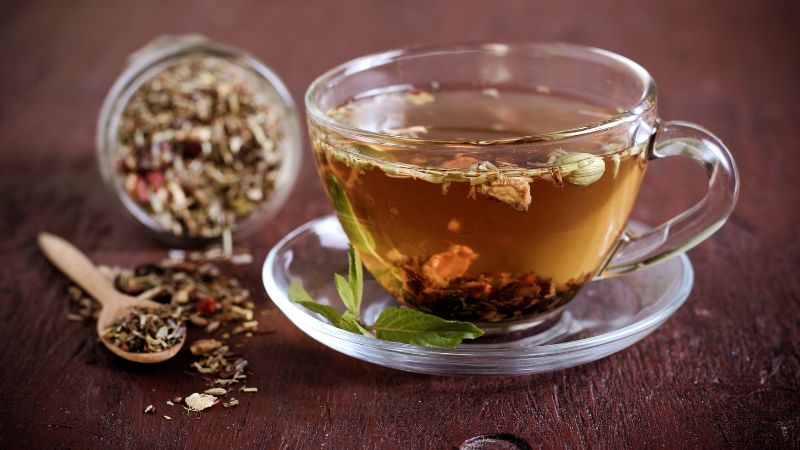 Tea Left Overnight
Tea Left Overnight
Recommendations:
-
Brew tea fresh before consumption to ensure optimal flavor and safety.
-
If brewing a fresh batch each time is not feasible, store brewed tea in the refrigerator and consume it within 24 hours.
-
Use glass or ceramic containers for storing tea instead of plastic ones.
-
Clean your tea container thoroughly after each use.
3 Strong Tea
Strong tea not only delivers a robust flavor but also carries potential health risks, particularly for the liver, kidneys, and cardiovascular system.
-
Liver strain: The high concentration of tannins and polyphenols in strong tea overworks the liver, leading to potential overload and, over time, possible liver cell damage and impaired liver function.
-
Higher risk for liver patients: Consuming strong tea further stresses the liver, exacerbating existing liver conditions and making it harder for the liver to recover.
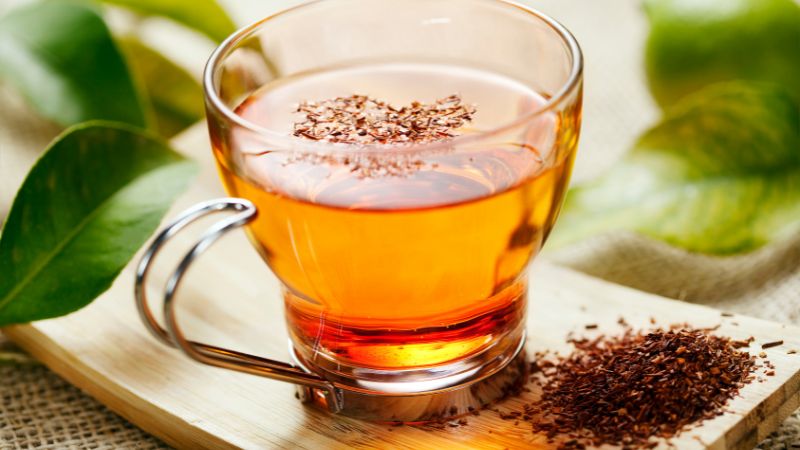 Strong Tea
Strong Tea
Advice:
-
Avoid drinking strong tea, especially if you have liver, kidney, or cardiovascular issues.
-
Brew tea to a milder strength and consume in moderate quantities.
-
Drink tea at least 30 minutes after a meal to prevent interference with iron absorption.
-
Listen to your body and adjust your tea consumption accordingly.
This article has provided insights into the types of tea that can be harmful to your liver. We hope it helps you make informed choices to protect your health and that of your loved ones.
Source: Vietnamese Women’s Newspaper
Two Types of ‘Devilish’ Water by K, Cheap Ingredients, Available in the Garden
Using a particular type of water can be a game-changer when it comes to fighting cancer and improving your overall health and beauty. It’s amazing how the quality of water you consume can have such a profound impact on your well-being. By choosing the right kind of water, you are taking a proactive step towards pushing back against illness and embracing a healthier, more beautiful lifestyle every single day.


























